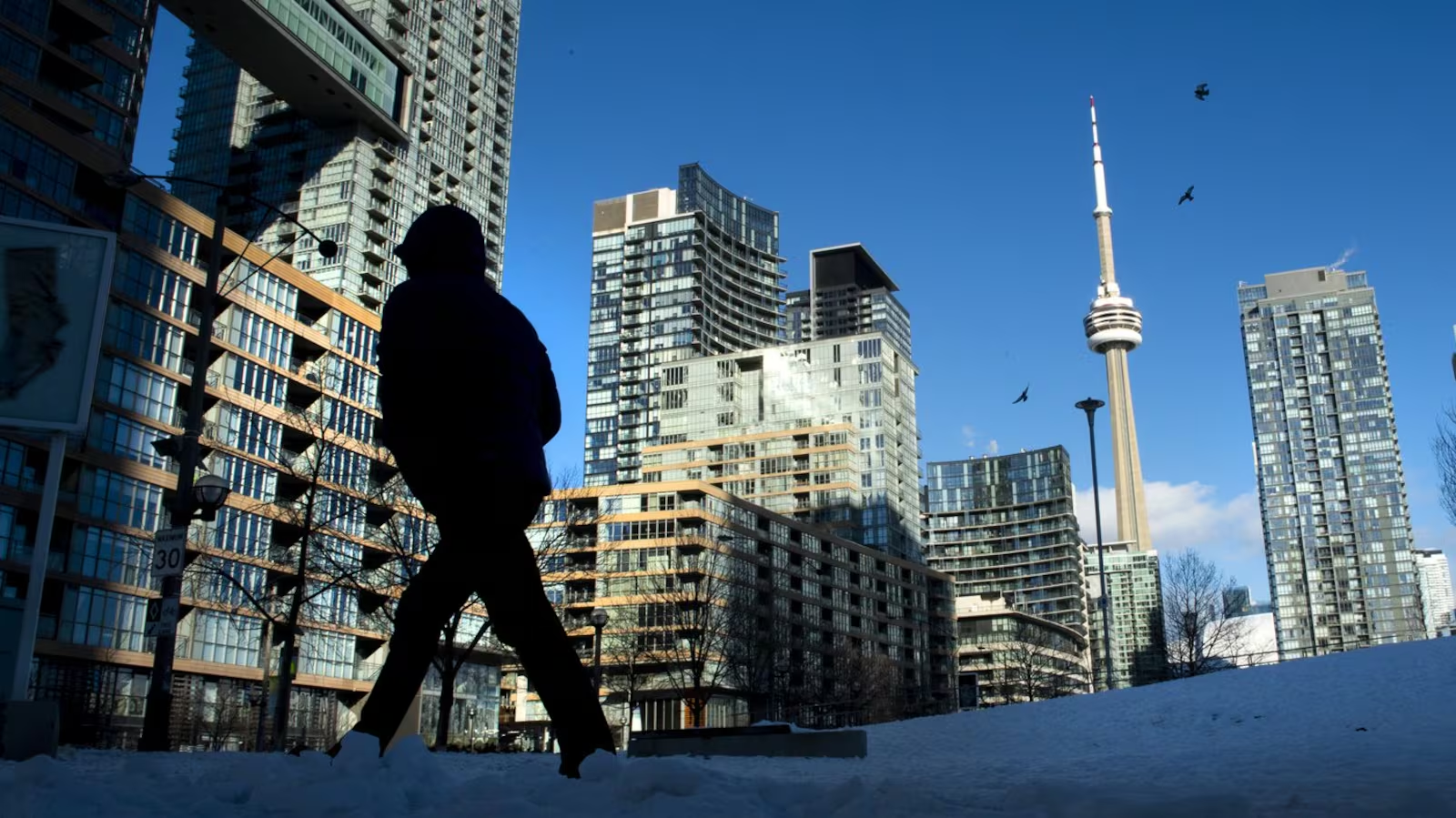Seven Canadians have been taken into custody for extradition to the United States in a sweeping drug trafficking investigation connected to fugitive former Olympian Ryan Wedding, a onetime member of Canada’s Olympic snowboard team who is now accused of running a violent transnational criminal network.
RCMP Commissioner Michael Duheme appeared in Washington alongside U.S. Attorney General Pam Bondi and senior American officials to announce the arrests. Canadian suspects from Quebec, Ontario, and Alberta were rounded up this week as part of the joint probe.
U.S. indictments allege that Wedding conspired to transport large quantities of cocaine across the Canada–U.S. border and was involved in ordering the January 2025 murder of a U.S. federal witness in Colombia. Authorities believe Wedding is currently hiding in Mexico under the protection of the Sinaloa Cartel.
The U.S. State Department has increased the reward for information leading to his capture to USD $15 million, underscoring the international urgency surrounding the case.
Linked to Brampton and Caledon Triple Murders
According to the FBI, Wedding and another Canadian, Andrew Clark, ordered the killings of Caledon couple Jagtar Singh and Harbhajan Kaur, as well as Brampton resident Mohammed Zafar, in retaliation for a stolen drug shipment. The OPP has stated that the victims were mistakenly targeted and were not the intended individuals.
Last year, investigators named 16 defendants in the broader case, including 10 Canadians. Among those recently arrested are Brampton residents Hardeep Ratte, Iqbal Singh Virk, and Ranjit Singh Rowal, confirmed by the United States Attorney’s Office.
Wedding is no stranger to U.S. law enforcement. He was convicted in 2010 of conspiracy to distribute cocaine and served a federal sentence. Authorities say he returned to drug trafficking after his release and has been deeply entrenched in cartel activity in Mexico.
Once a promising athlete, Wedding competed for Canada in the Parallel Giant Slalom at the 2002 Salt Lake City Winter Olympics, placing 24th — his only Olympic appearance.
More developments in the multinational investigation are expected.
You said:
scape on Thursday January 28, 2021. CMHC says that rental vacancies are up in Canada’s largest cities with rents rising too. THE CANADIAN PRESS/Frank Gunn (Frank Gunn) OTTAWA — Canada’s housing agency says the number of homeowners behind on mortgage payments has fallen for the first time in three years, though delinquencies are still trending up in Ontario and British Columbia. Canada Mortgage and Housing Corp. says the national mortgage delinquency rate was 0.22 per cent in the second quarter, down from 0.23 per cent in the first. The percentage of households more than 90 days behind on payments has been slowly creeping up in recent years, rising from 0.14 per cent in 2022, as many homeowners renew mortgages at higher rates. CMHC says the national decline came as repayment trends improved in Atlantic Canada, Quebec and the Prairie provinces, while Ontario saw an increase with delinquencies in Toronto up 60 per cent compared with a year earlier at 0.24 per cent in the second quarter. Borrowers have had some relief as interest rates have trended down, but CMHC notes there is still a wave of renewals going through at higher rates, including over 750,000 in the second half of this year and another 1.15 million in 2026. It notes that the average rate on a five-year fixed rate uninsured mortgage was 2.36 per cent in July 2020, compared with 3.95 per cent this past July.
ChatGPT said:
🔔 Revised Headline:
“National Mortgage Delinquencies Dip for First Time in 3 Years — But Ontario, B.C. Still Trending Up”
Canada’s housing agency says mortgage repayment troubles eased slightly this spring, marking the first national decline in delinquencies in three years — even as Ontario and British Columbia continue to show growing signs of financial strain.
According to Canada Mortgage and Housing Corp. (CMHC), the national mortgage delinquency rate slipped to 0.22% in the second quarter of 2025, down from 0.23% in the first quarter. The improvement was driven by stronger repayment trends across Atlantic Canada, Quebec and the Prairie provinces.
Still, CMHC notes that the number of households more than 90 days behind on payments has been gradually rising since 2022, when the rate sat at 0.14%, largely due to borrowers renewing mortgages at sharply higher interest rates.
Ontario remains a key concern. Delinquencies in Toronto surged 60% year-over-year, reaching 0.24% in the second quarter. British Columbia also saw an uptick, reflecting the vulnerability of households in Canada’s most expensive real estate markets.
While recent rate cuts have offered some relief, CMHC warns that a large volume of borrowers are still facing renewal shocks. More than 750,000 mortgages are set to renew in the second half of this year, followed by 1.15 million renewals in 2026 — many of them locked into much higher rates than the pandemic lows.
At the height of COVID-era borrowing, the average five-year fixed uninsured mortgage rate was 2.36% in July 2020. By July 2025, that average had jumped to 3.95%, putting pressure on household budgets as homeowners reset their payments.
CMHC says the national trend is encouraging but cautions that the full impact of higher-rate renewals is still unfolding, especially in Ontario and B.C., where many homeowners are already stretched thin.

